A federal judge has temporarily thrown out a new law that sought to permanently lower credit card fees and was supported by the Biden administration.
The new law passed by the Biden administration which would put an $8 cap on credit card fees has been temporarily blocked by a Texas judge.
Ongoing Strategy
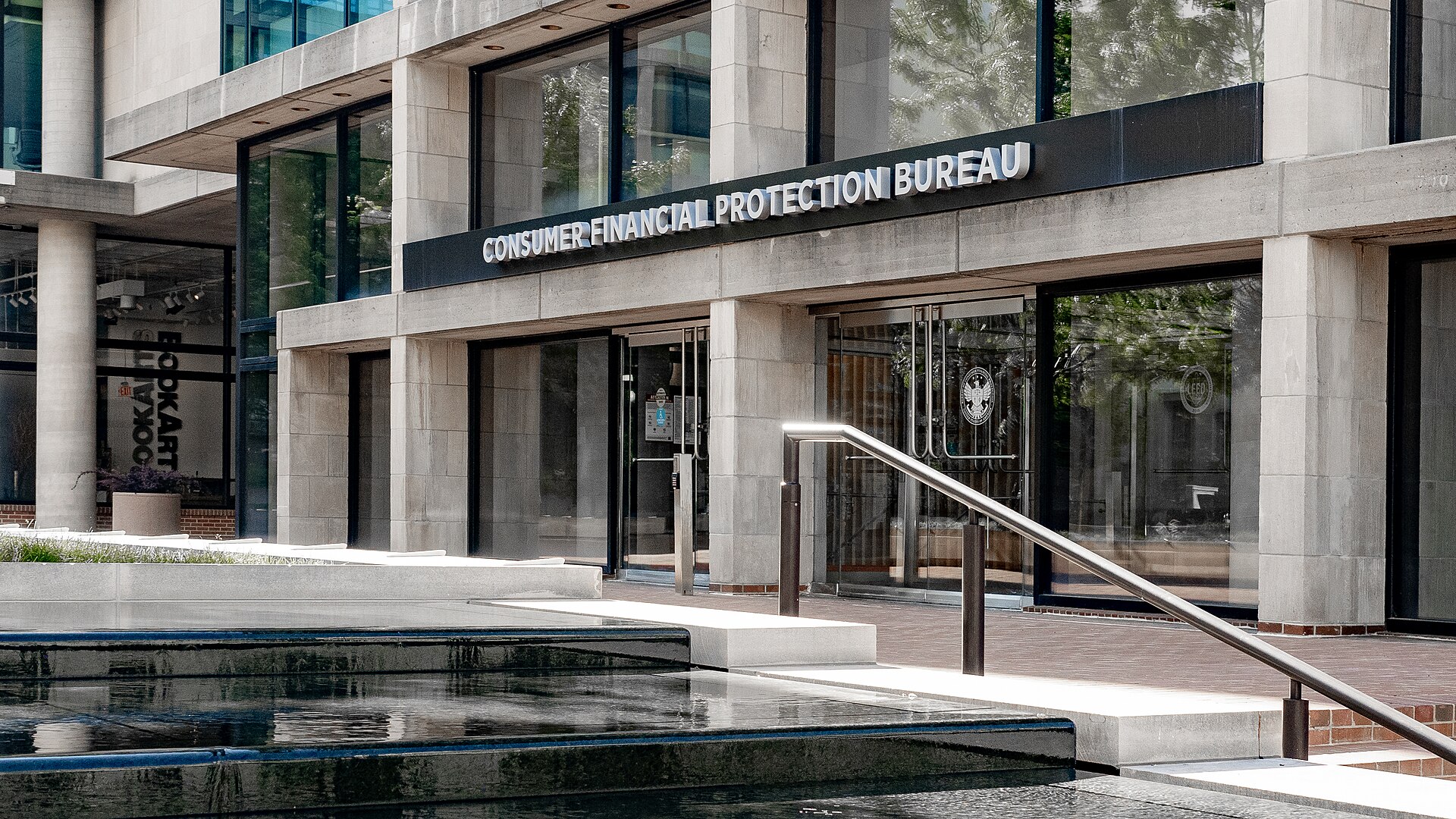
The Consumer Financial Protection Bureau proposed the new limit as part of the government’s ongoing strategy to prevent predatory “junk fees,” which cost consumers billions of dollars each year.
It would prevent credit card organizations and banks from enforcing exorbitant late fees for missed credit card installments, restricting them to a maximum of $8 each month.
Exceptions to the Rule
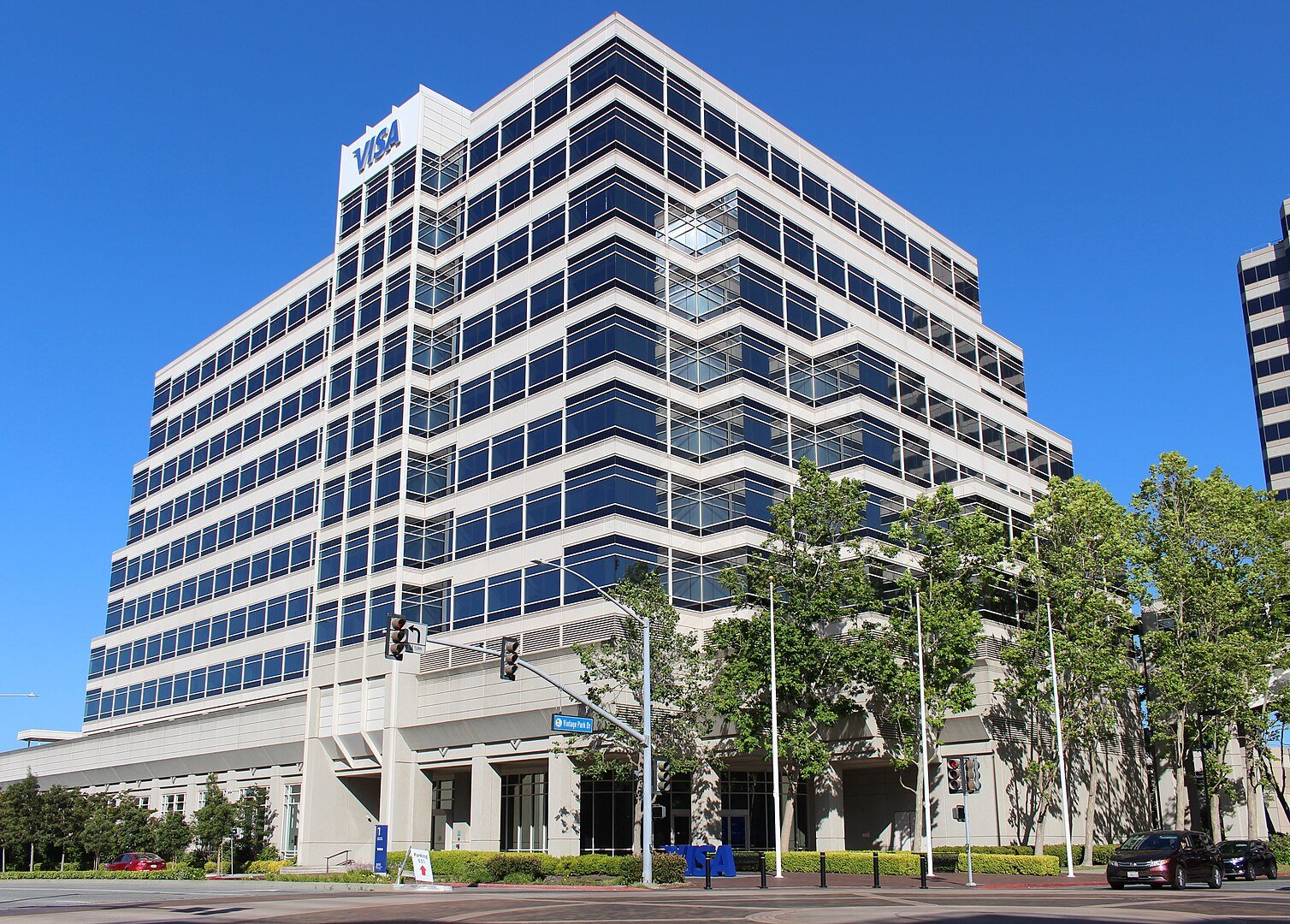
These businesses might be exempt from the rule if they could demonstrate through company data that they needed to charge higher fees to cover annual losses.
The rule will only be applicable to large credit issuers—companies with more than one million open accounts—if it is eventually implemented across the board.
Blocking the Decision
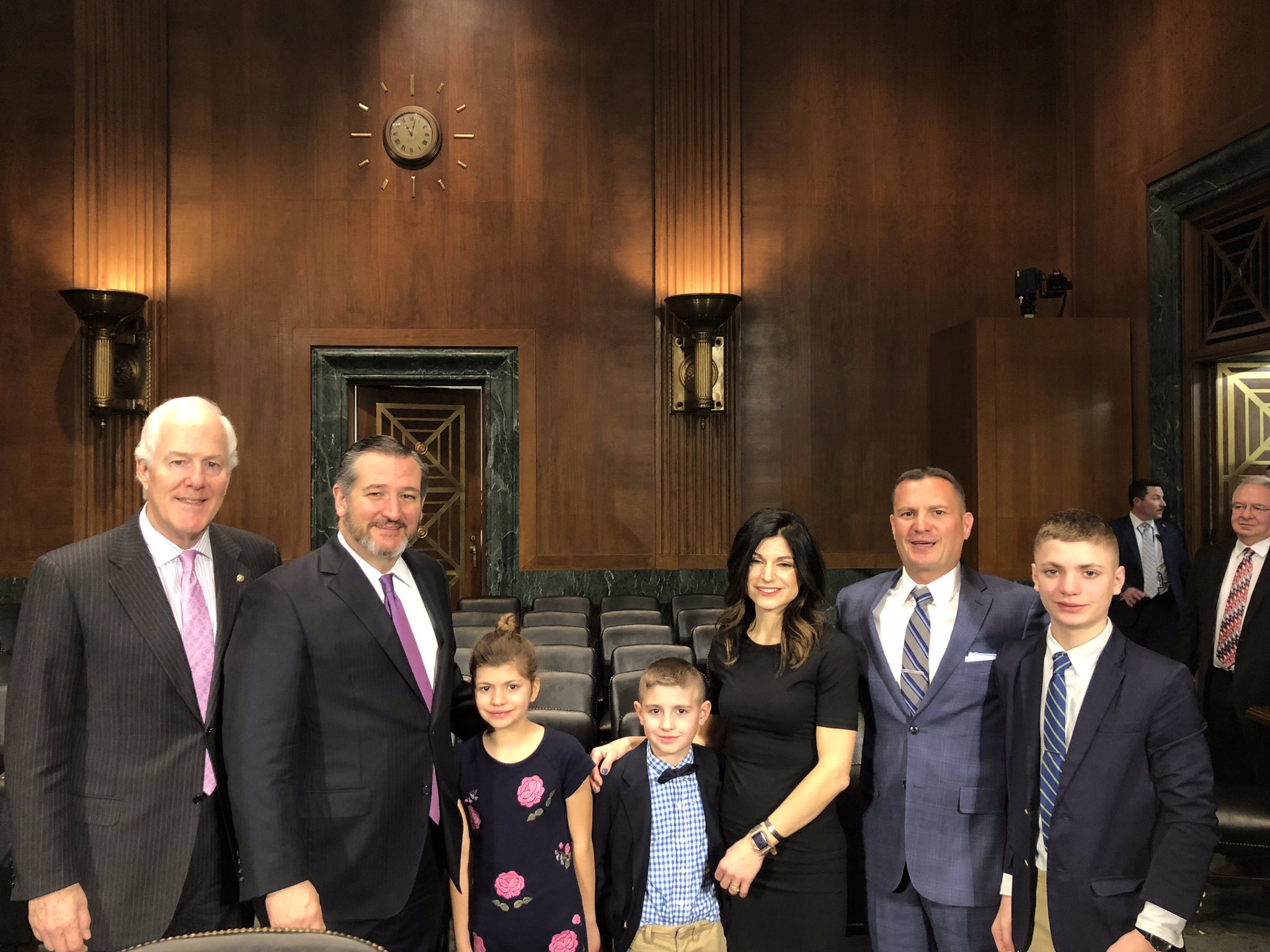
On Friday U.S. District Judge Mark T. Pittman, situated in Fort Worth, moved to obstruct the CFPB decision. This grants a preliminary injunction to the numerous businesses and banking institutions that had spoken out against the policy.
These organizations and institutions, supported by the US Chamber of Commerce, moved to sue the CFPB because the new rule violated several federal statutes.
Previous Obstructions
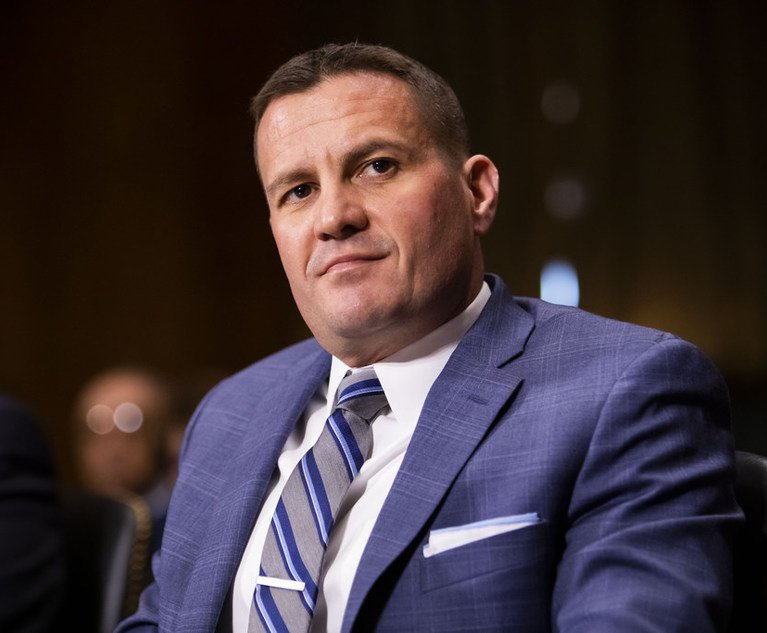
In 2022, Pittman used a ruling from the New Orleans-based 5th U.S. Circuit Court of Appeals to stop the ruling. Pittman was appointed to the federal courts by former president Donald Trump.
During that 2022 case, the Circuit Court of Appeals considered the CFPB’s funding structure to be “unlawful.”
Temporary Victory
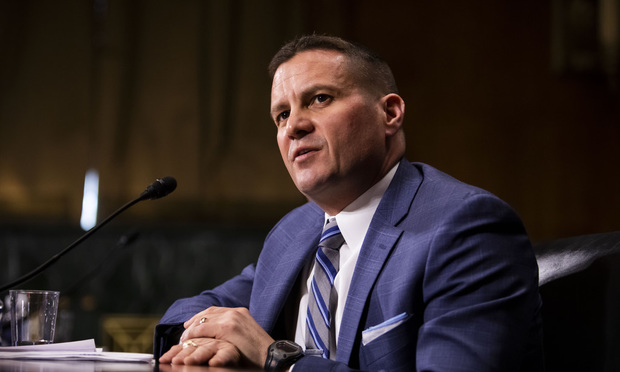
Pittman ruled in 2022, “Consequently, any regulations promulgated under that regime are likely unconstitutional as well. Thus, Plaintiffs establish a likelihood of success on the merits.”
The US Supreme Court will then consider the 2022 ruling, but for the time being, those who oppose the CFPB are celebrating their brief victory under Pittman.
“A Major Win”
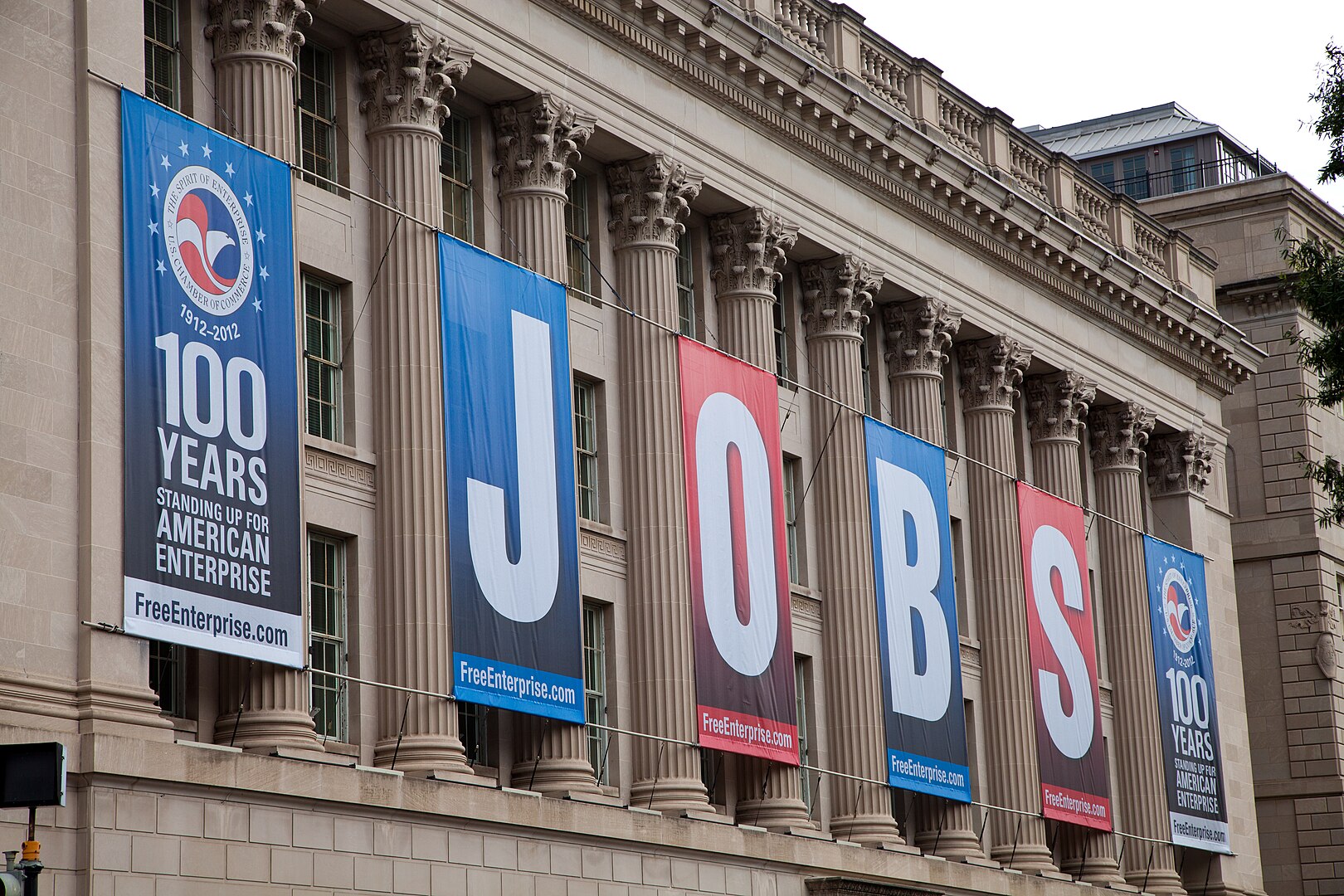
The decision was described as “a major win for responsible consumers who pay their credit card bills on time and businesses that want to provide affordable credit,” according to counsel for the U.S. Chamber of Commerce Litigation Center.
The Chamber, as well as huge credit card organizations and big banks, endured a whole year of campaigning hard against the CFPB while guaranteeing late fees were a fundamental piece of their business activities.
Continued Advocacy
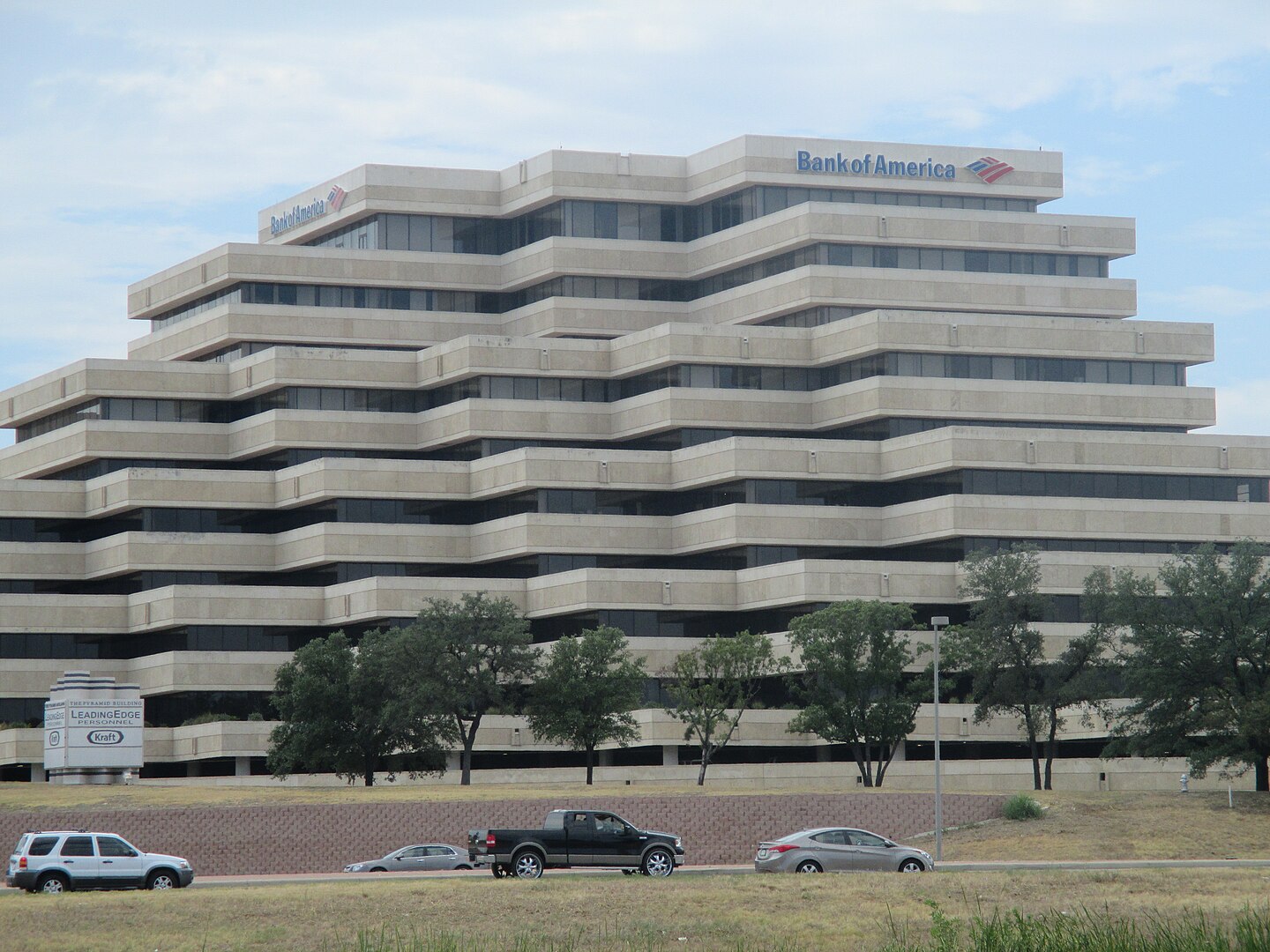
This group comprised large companies like Bank of America, JP Morgan Chase, Capital One, and CitiBank. The Chamber’s lawsuit also included the American Bankers Association and the Consumer Bankers Association.
However, the CFPB and consumer advocacy groups have criticized the move, and the bureau has pledged to continue advocating for lower credit card late fees.
Cutting the Average
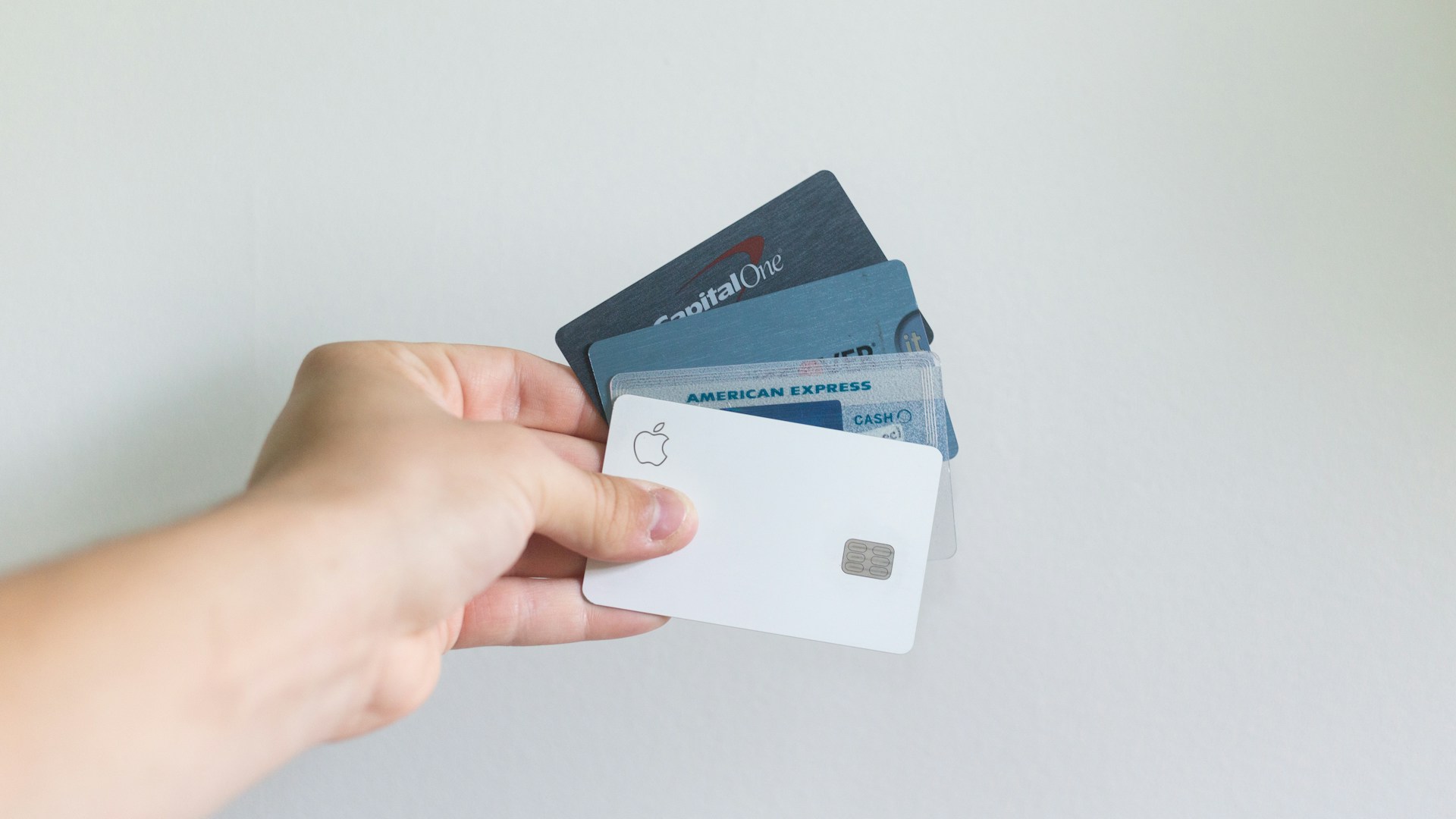
By diminishing late fees to an $8 limit, the rule would cut the ongoing average late fee by 75%, from $32.
A spokesperson told reporters, “Consumers will shoulder $800 million in late fees every month that the rule is delayed — money that pads the profit margins of the largest credit card issuers.”
“Far Too Long”
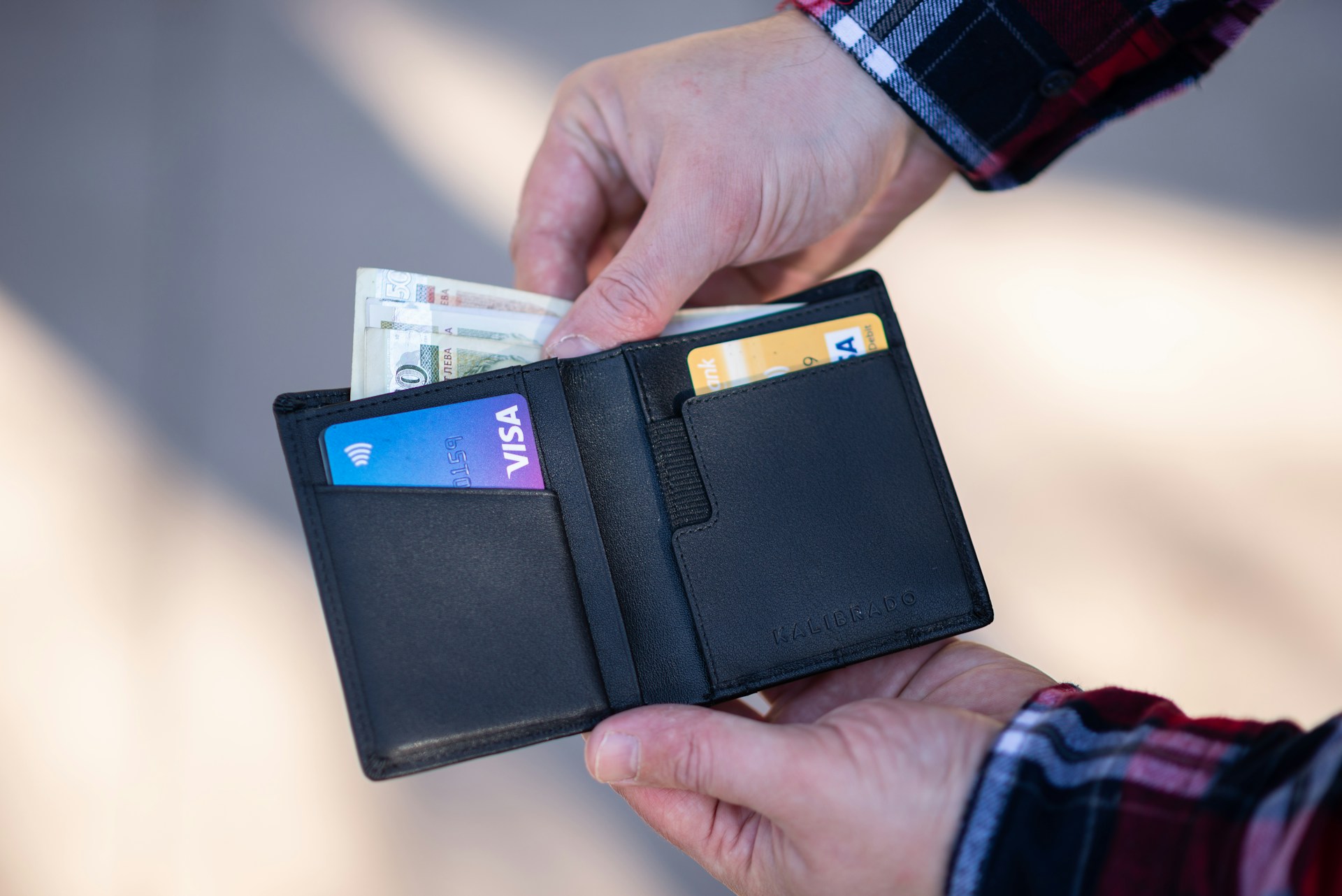
“Credit card companies have been bilking consumers out of billions of dollars in excessive late fees for far too long,” said Chuck Bell, program director for the consumer advocacy organization Consumer Reports.
The rule was fully supported by President Biden, so the White House has also expressed disappointment in the temporary blocking.
“Hit Pause on a Critical Measure”
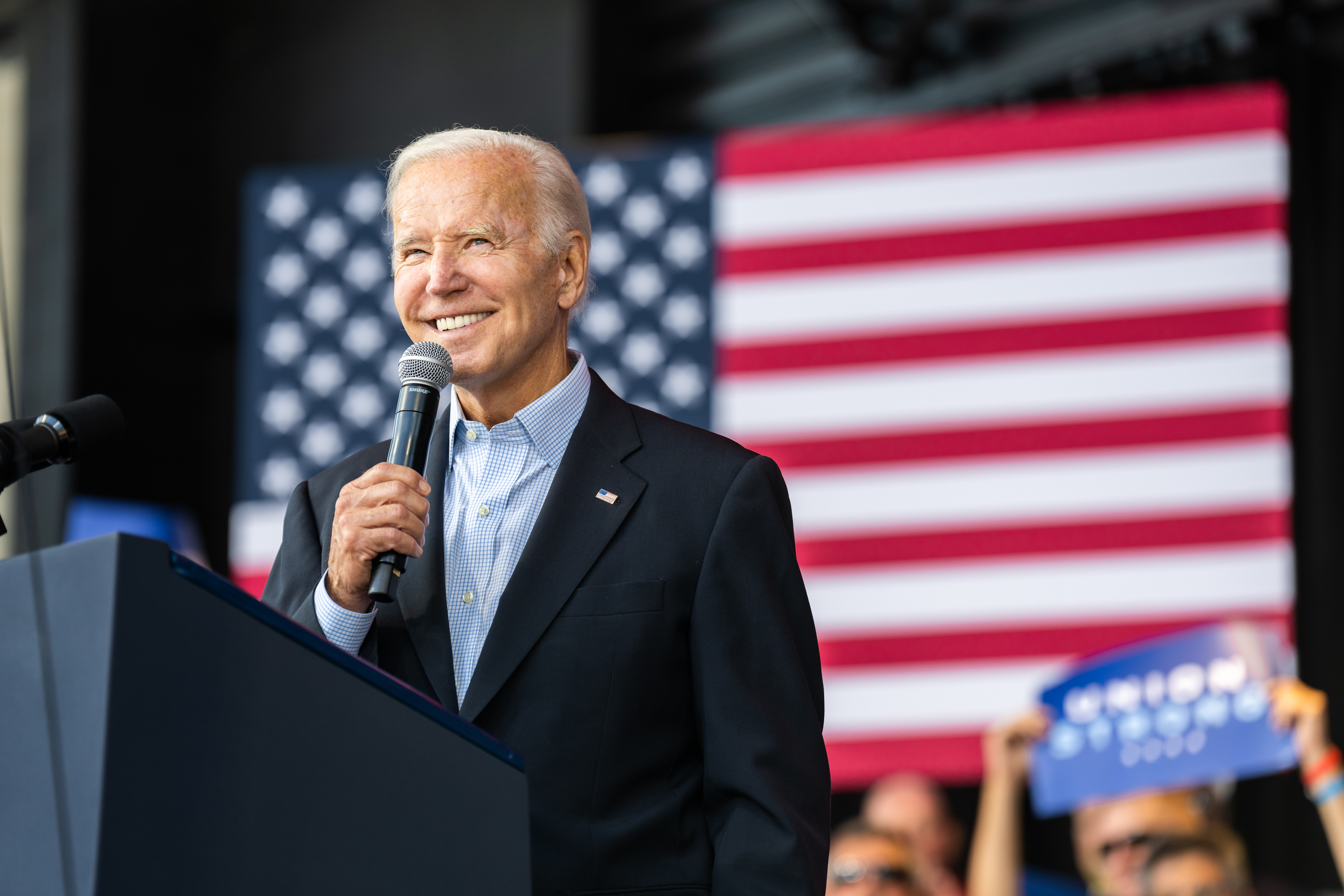
“We are disappointed that a court sided with House Republicans, big banks and special interests to hit pause on a critical measure to save American families billions in junk fees,” said Jeremy Edwards, spokesperson for the White House.
The Biden administration stays unfaltering in diminishing junk fees like late credit card charges, which will be a significant benefit for millions of American families.
Late Fees
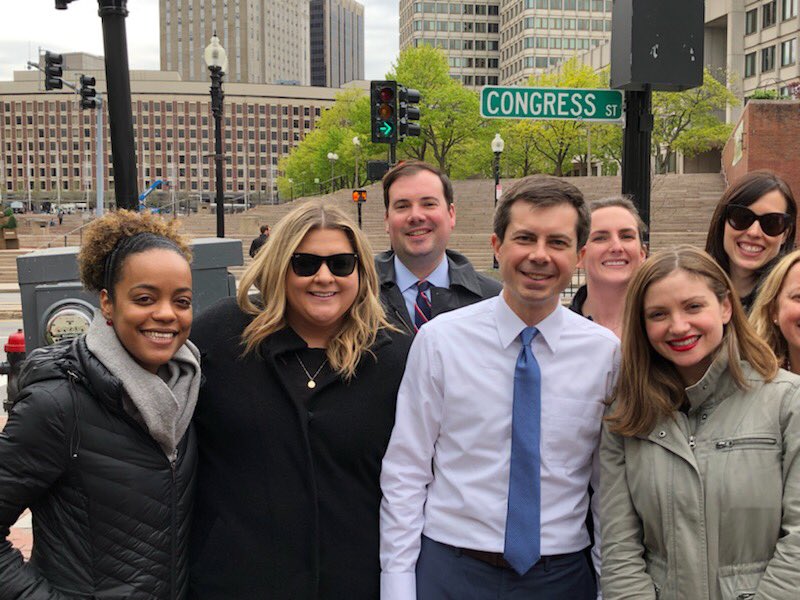
One in five adults has paid a credit card late fee in the last year, according to a Consumer Reports survey.
Liz Zelnick, the director of the Economic Security and Corporate Power Program at Accountable.US stated, “In their latest in a stack of lawsuits designed to pad record corporate profits at the expense of everyone else, the U.S. Chamber got its way for now.”
“[This ensures] families get price-gouged a little longer with credit card late fees as high as $41”
